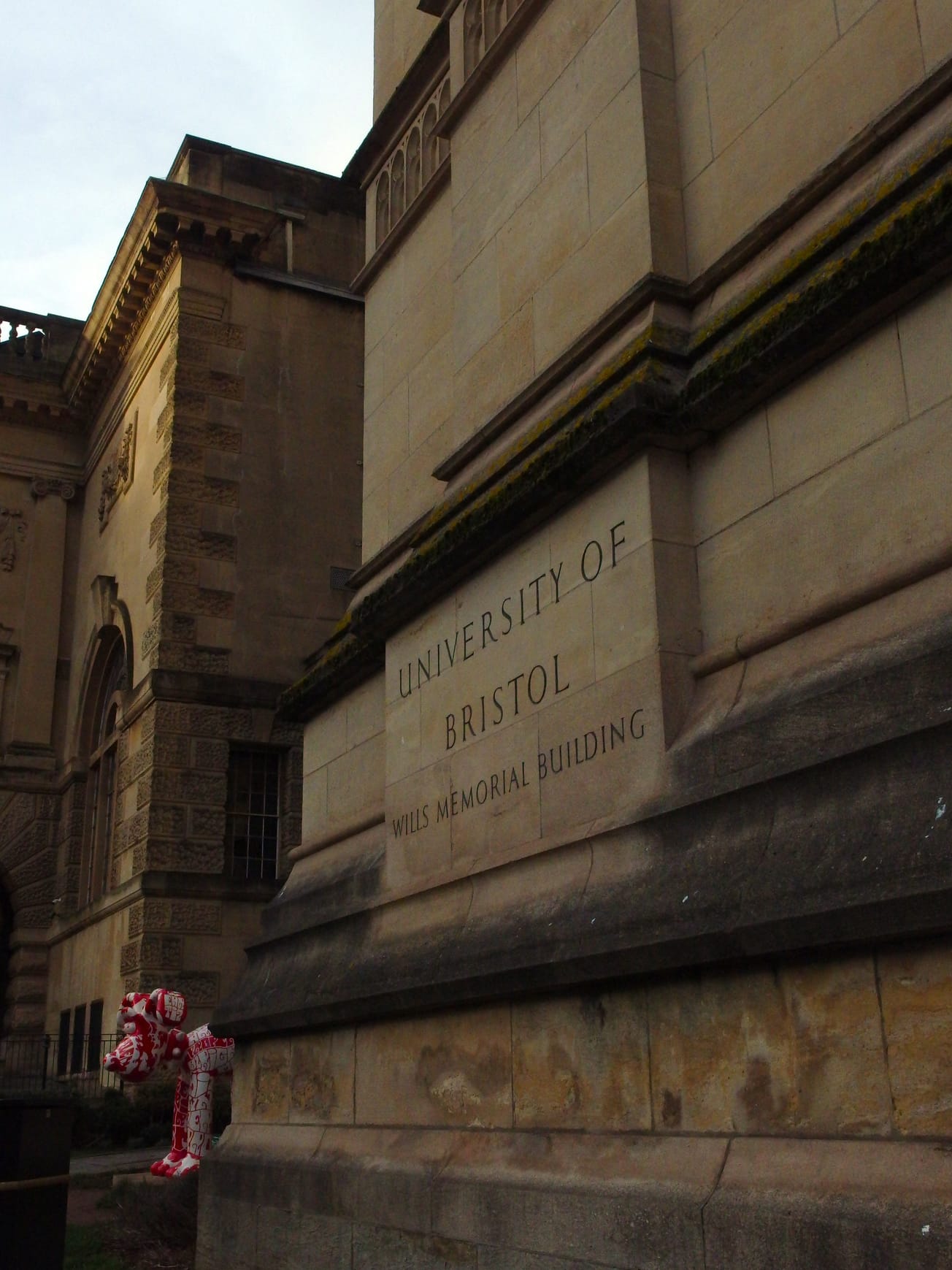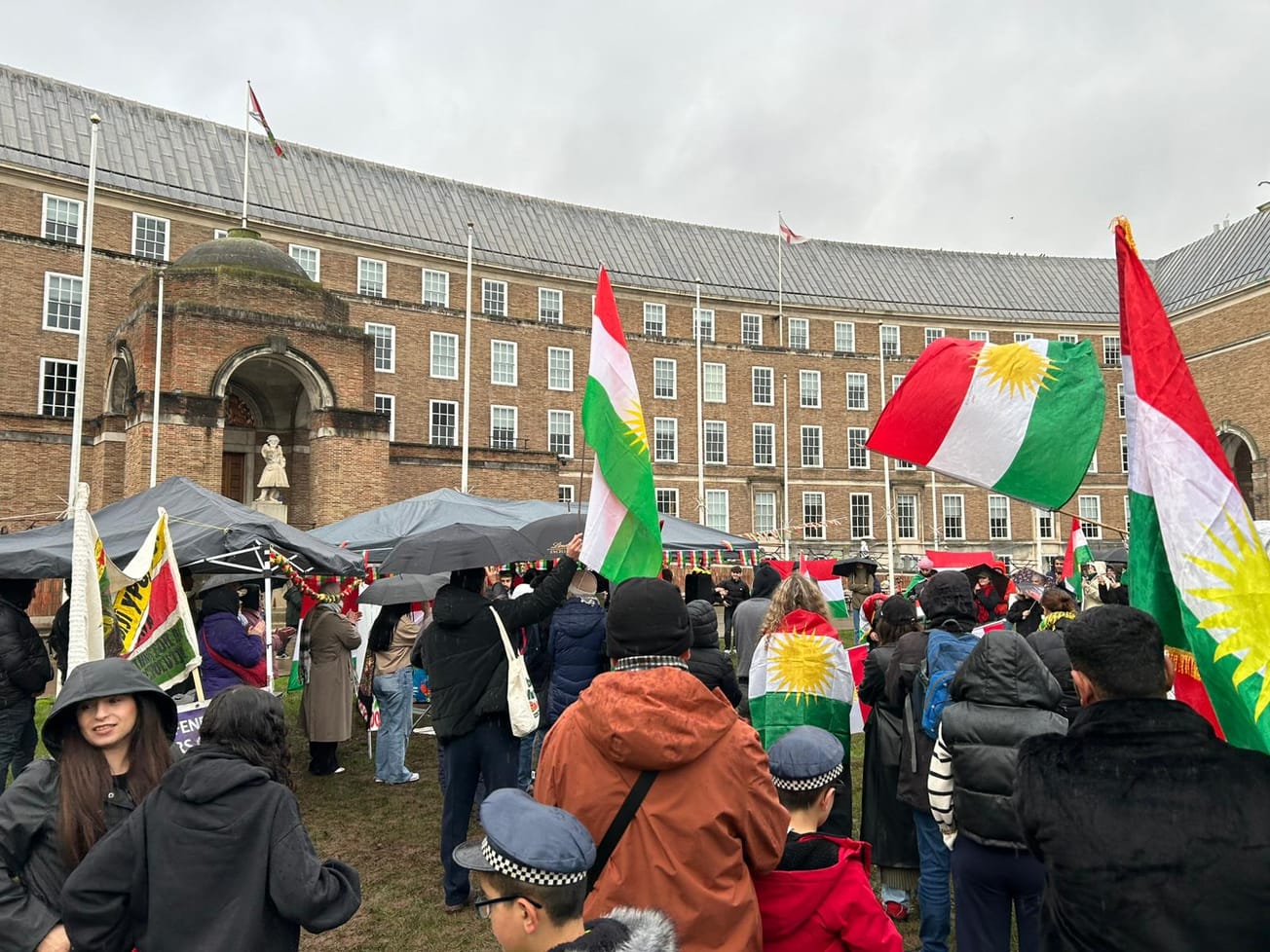By Megan Evans, News Subeditor
William Carter, a 22 year-old Bristol University graduate with severe dyslexia, has been awarded a first-class degree and is now studying for a PhD on a prestigious Fulbright scholarship.
William Carter’s severe dyslexia and dyspraxia caused him to struggle a great deal in his early years of school. Despite this, his academic career has been one of remarkable success.
Throughout primary school, and in early secondary school, Carter was placed in the lowest sets for all subjects. His inability to keep up with peers in lessons led to a referral to children’s mental health services for ‘deep feelings of isolation and loneliness.’
Geography Ph.D. student William Carter, on how dyslexia/dyspraxia informs his personal and academic worldviews. https://t.co/a2t2Qs33D7
— UC Berkeley Graduate Division (@GradDivision) March 3, 2021
However, as his dyslexia went undiagnosed, Carter recalls feeling like a ‘second-class learner.’
This resulted in a significant drop in his attendance, in response to which he was sent on courses on ‘how to avoid a criminal life.’
In this isolating period, Carter began to associate these difficulties with the colour of his skin: ‘I remember being a young child and trying to scrub the pigment off my skin, as I desperately tried to work out what was causing this alienation, what was causing my seeming inability to learn and understand the world.’
However, an eventual diagnosis of severe dyslexia from a specialist proved to be life-changing for the young student, who was able to access academic support after years of falling through the cracks, not ‘being considered at-risk enough for additional support.’
Carter explained, ‘Learning how to read and write made the world more intelligible to me and, ultimately, made me more intelligible to the world.
‘Fundamentally, dyslexia made me who I am today.’
Help from teaching assistants in most of his GCSE classes proved vital to Carter’s success: ‘without them,’ he explains, ‘I wouldn’t have got through secondary school.’
His academic performance continued to improve, attaining some of the best A-Level grades in his school and receiving the prestigious London Schools and the Black Child ‘Outstanding Achievement Award’ at the Houses of Parliament.
In 2018, he was selected to be one of ten people who represented 1.5 billion young adults of the Commonwealth at the Commonwealth Parliamentarian Forum, helping to give closing remarks on the future of the Commonwealth.
Dyslexic student who couldn't read until aged 13 achieves first-class honours degree https://t.co/UbgxNAXYvW
— Sky News (@SkyNews) March 2, 2021
Carter then went on to study Politics and International Relations at the University of Bristol. While attending the University, he attended numerous international conferences, spoke at the European Parliament, and received several University awards for his academic performance, before graduating with a first-class degree.
He was also named one of the top ten undergraduate students in the country at the UK Social Mobility Awards, having grown up in inner London on free school meals.
During his time at Bristol, William and his academic advisor Dr Jonathan Floyd began planning a new initiative to get political theory taught more widely in secondary schools. They met with Lords, MPs, educators and government officials to gain support for the scheme, which they hope to launch soon.
William is now studying for a PhD in Political Geography at the University of California, Berkeley, where he is currently investigating the origins of radicalisation in the trans-Atlantic slave trade. He is the recipient of a Fulbright Scholarship, and has been awarded their highest honour, the ‘alumni award.’
Talking of his experiences, Carter explained, ‘I think above all, being an underrepresented demographic has made me aware of one thing: when you are really struggling you are a problem, or rather part of the “rule,” whereas when you have made it you are an inspiration, or “an exception to the rule.”
Date of ‘Colston 4’ trial confirmed for December
Fundraiser launched for Sanctuary Scholar who is disqualified for legal aid by the Home Office
‘The fact that I, through luck and the support of others, “made it” in-spite of social-economic barriers, shouldn’t justify our system and society.
‘Instead, it should challenge its core assumption - the false idea that those few who succeed are examples of a system working rather than a system in disrepair.’
Carter plans on becoming a professor of Political Theory and Black Geographies, before steering his career towards politics; in this role, he aims to promote the success of these underrepresented groups. He explains, ‘I hope to spend my career first in academics, then in politics, turning this observation into actionable policies and politics.’
Featured image: University of Bristol








